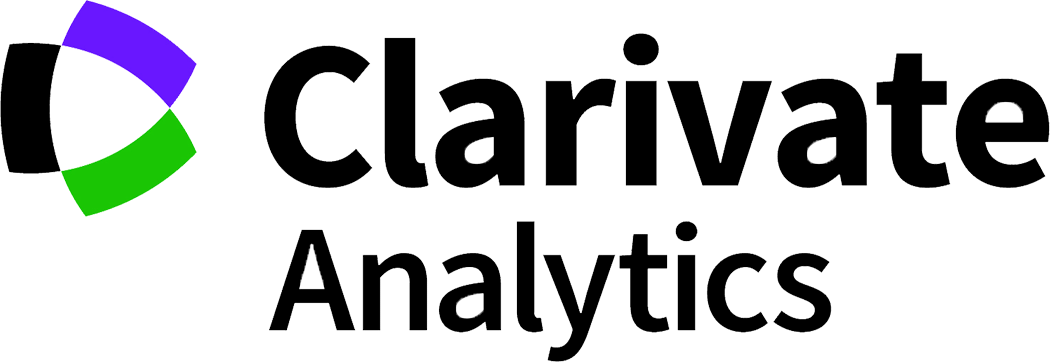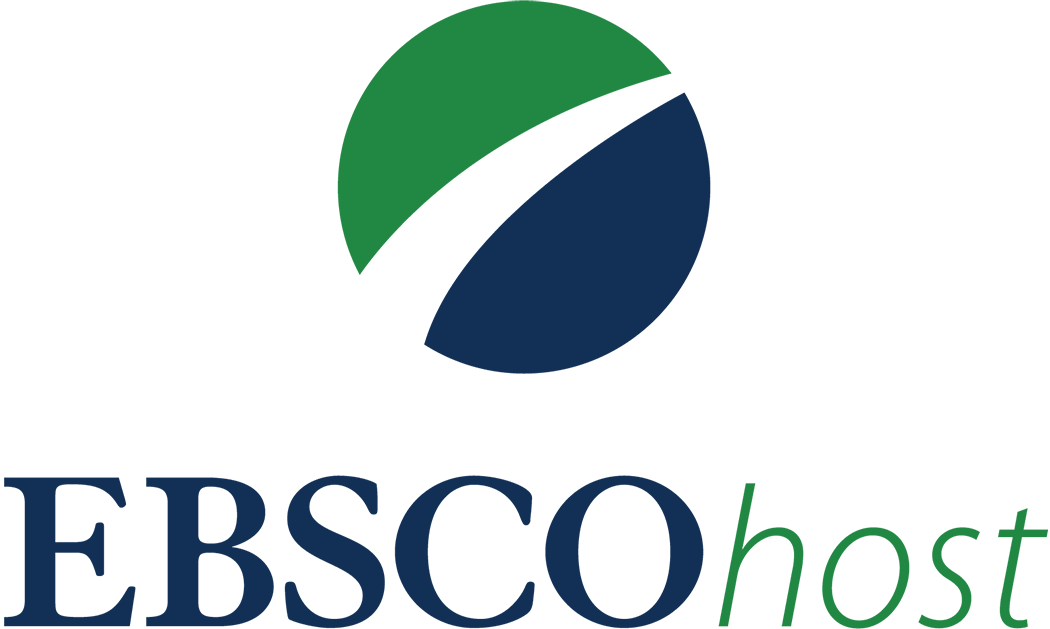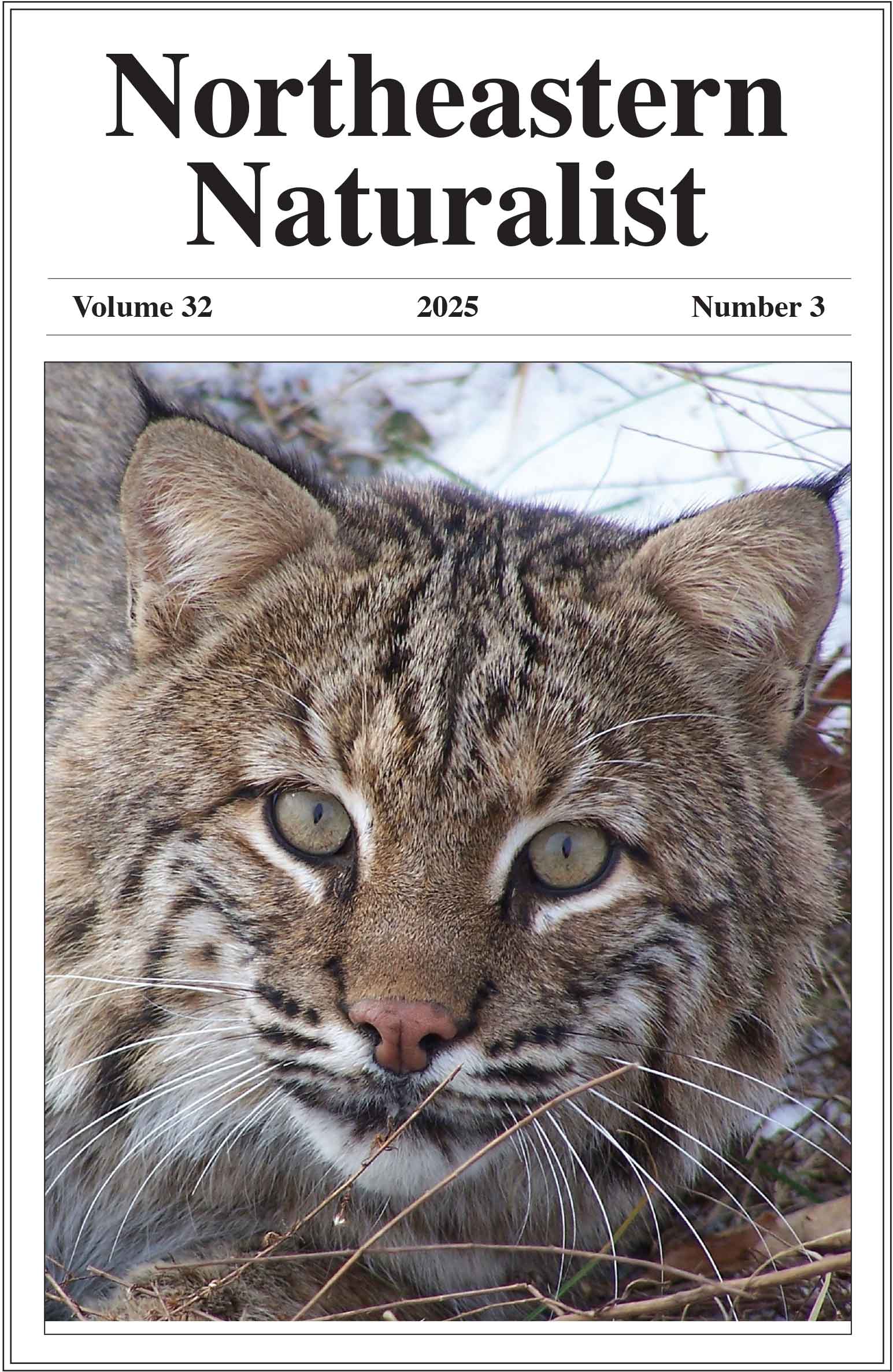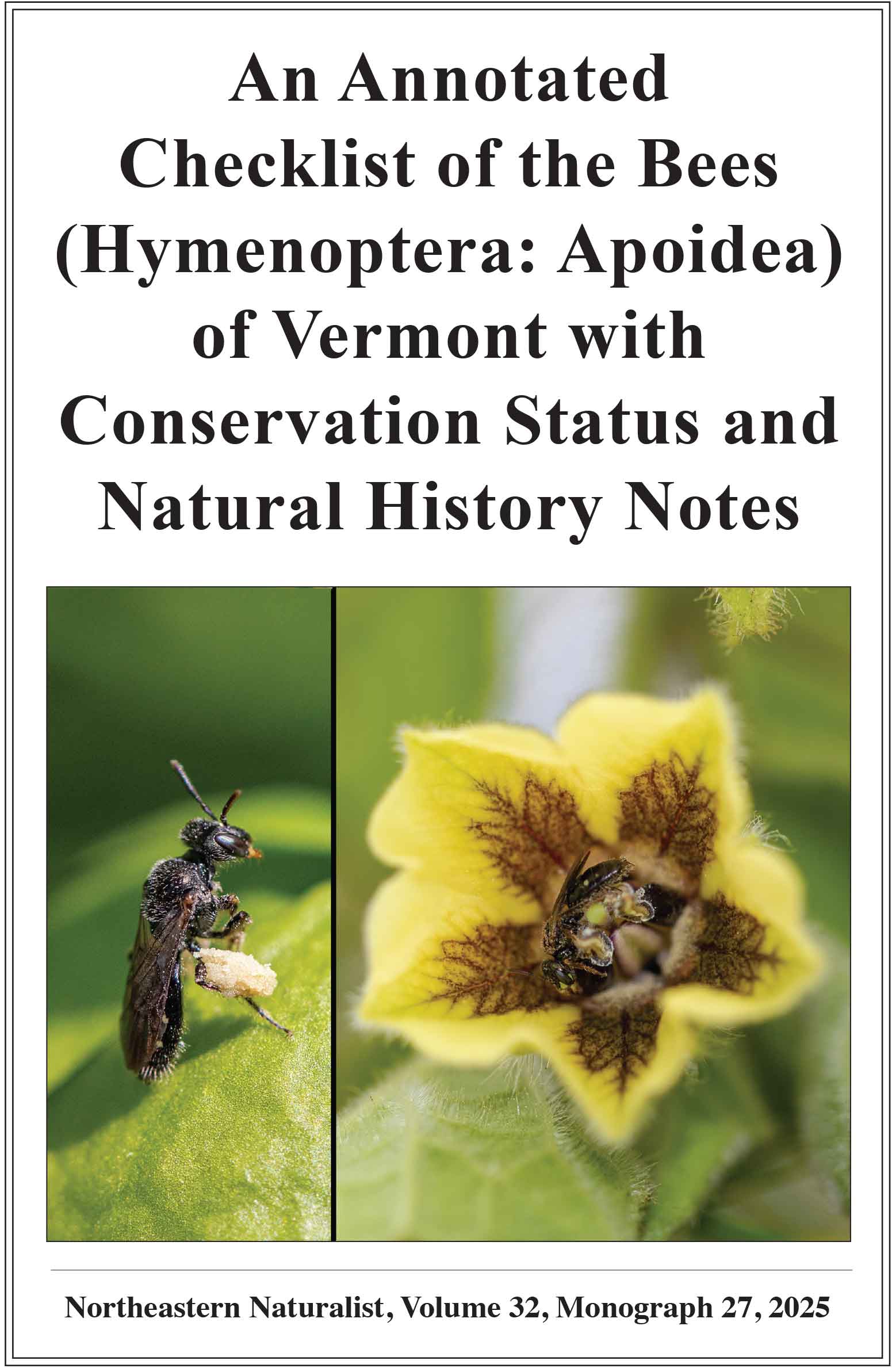Salad with Clams: Prey Choice of an Intentionally Carnivorous Turtle
Kayleigh R. Erazmus1,2, Luca Luiselli3,4,5, and Russell L. Burke1,*
1Department of Biology, Hofstra University, Hempstead, NY 11549. 2Biology Department, Sacred Heart University, Fairfield, CT 06825. 3Institute for Development, Ecology, Conservation, and Cooperation, via G. Tomasi di Lampedusa 33, I-00144 Rome, Italy. 4Department of Applied and Environmental Biology, Rivers State University of Science and Technology, P.M.B. 5080, Port Harcourt, Nigeria. 5Department of Zoology, University of Lome, Lome, Togo. *Corresponding author.
Northeastern Naturalist, Volume 28, Issue 4 (2021): 547–555
Abstract
Prey choice is the non-random foraging and consumption of prey species by their predators, and is therefore the basis for studies of topics as diverse as quantifying food webs, predator–prey relationships, and optimal-foraging models. Malaclemys terrapin (Diamond-back Terrapin) is a diet generalist with a large geographic distribution: the US Atlantic and Gulf coasts from Massachusetts to Texas. Individual terrapins have relatively small home ranges and feed primarily on local mollusc species. In feeding trials with 1 prey species and 2 prey species, wild-caught terrapins from New York readily consumed Mya arenaria (Soft-shelled Clam) and Geukensia demissa (Atlantic Ribbed Mussel), preferring them over a wide range of other prey species commonly eaten by terrapins at other sites. Our correlation test indicated that Ulva latuca (Sea Lettuce), common in the diets of this population, is ingested incidentally when terrapins forage for Soft-shelled Clams. The impact of consumption of algae by this primarily molluscivorous turtle is unexplored, but could have important impacts on their energy balance and contaminant intake.
![]() Download Full-text pdf (Accessible only to subscribers. To subscribe click here.)
Download Full-text pdf (Accessible only to subscribers. To subscribe click here.)
Access Journal Content
Open access browsing of table of contents and abstract pages. Full text pdfs available for download for subscribers.
Issue-in-Progress: Vol. 32(4) ... early view
Check out NENA's latest monograph and Special Issue:













 The Northeastern Naturalist is a peer-reviewed journal that covers all aspects of natural history within northeastern North America. We welcome research articles, summary review papers, and observational notes.
The Northeastern Naturalist is a peer-reviewed journal that covers all aspects of natural history within northeastern North America. We welcome research articles, summary review papers, and observational notes.